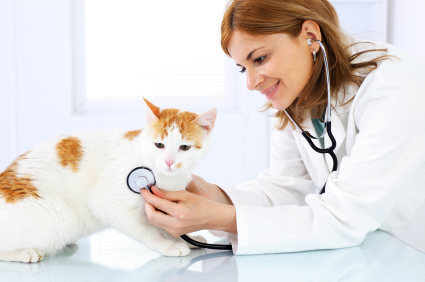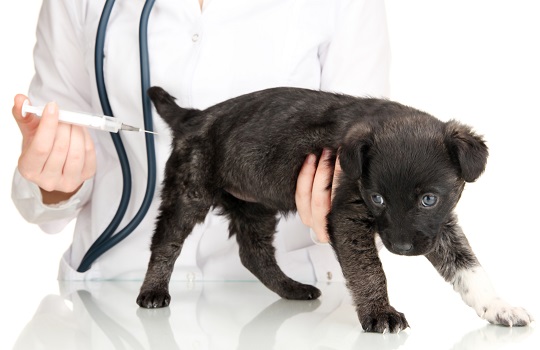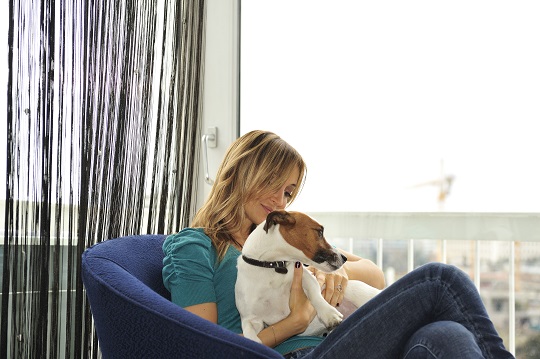Have you noticed your dog has not eaten for 24 hours or more? There are many causes for a dog’s loss of appetite. Luckily, the problems are usually not too serious. Here are some common causes and solutions if you dog will not eat.
Vaccinations
There are many vaccinations for dogs to protect them from serious illnesses. However, this does not mean they don’t have adverse effect. Some vaccinations have side effects of a temporary loss of appetite in a dog. If the dog had recent vaccinations, ask the vet about the side effects of the vaccine that was given to your dog.
Surroundings
New surroundings affect a dog’s behavior and appetite. If your dog is new, then it may have not have adjusted to life in a new home. It may be depressed after leaving its previous home and refuse to eat. To help the dog be comfortable with its new surroundings, play and walk the dog frequently. For older dogs, trips and moving can affect their appetite. They may become nervous or uncomfortable in their new surroundings. To help a dog feel comfortable with their surroundings, take them for a walk before mealtime.
Pickiness or behavior
Sometimes it as simple as the dog just does not like the food given to it. If the dog has stopped eating after a change of food, then this could be the problem. Just go back to the dog food they were eating before or something similar to solve the problem. The dog may also be uncomfortable with the height of food bowl or an aggressive dog that is nearby when it eats. To resolve these problems change the bowl and let the dog eat alone without any other pets around it.
Illness
The worst cause is an illness. If there are symptoms along with a loss of appetite (including but not limited to having trouble urinating, coughing excessively, or coughing up blood/is vomiting), call a vet immediately. Use TalkLocal to find the best vet in your area to attend to your ill dog.











